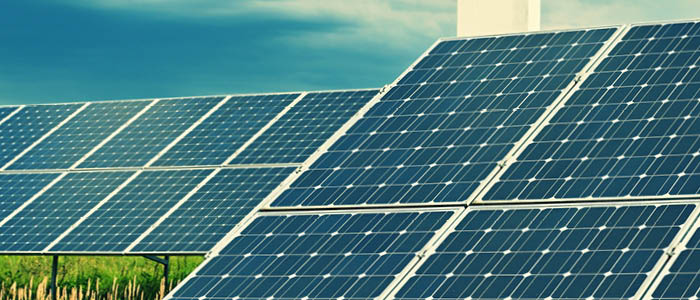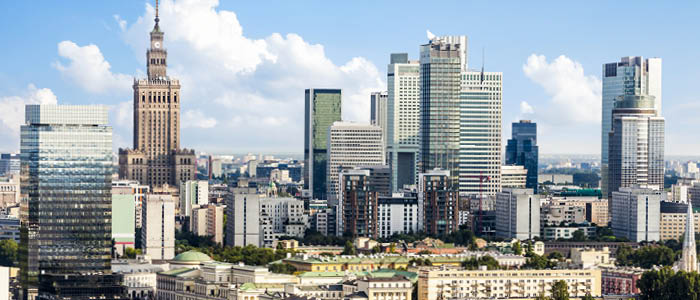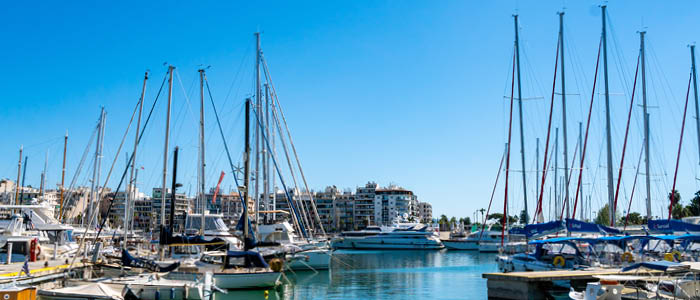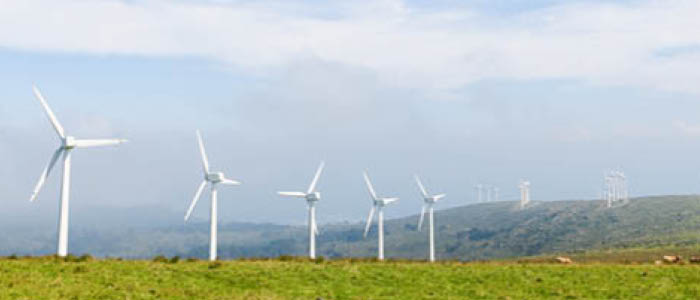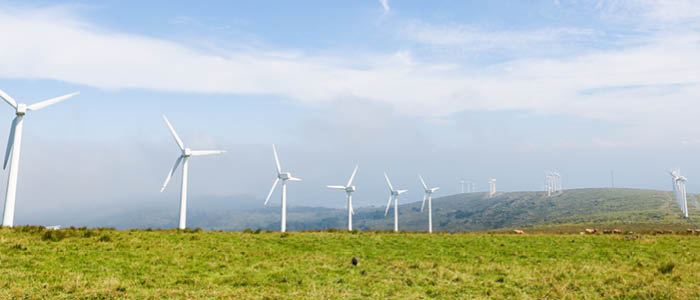Maciej Kalinowski has Joined Spectris Energy as its Head of M&A Legal in Poland.
North Macedonia: Preparations for the Electricity Crisis
While trying to bounce back from the COVID-19 pandemic, the world is running headlong into an energy crisis, and North Macedonia will meet the same fate. The country is facing serious electricity shortages due to the rising growth of prices on the energy exchanges in Europe. This, in turn, disables the companies that trade in electricity to comply with the agreements signed with companies and institutions to whom they supply electricity on the free market. The disbalance in the demand and supply is then covered from the reserves of the transmission system operator (“TSO”) MEPSO, who is drawing electricity from the European network, thus accruing massive debt. Meanwhile, North Macedonia is trying to increase the domestic production of electricity, by activating the third block of REK Bitola, the country’s biggest producer of electricity and coal.
Greenberg Traurig Establishes Environmental Protection Practice
Greenberg Traurig’s Warsaw office has established an Environmental Protection Practice led by Counsel Barbara Pancer.
Bernhard Hager Leads Eversheds Sutherland Czech and Slovak Offices. Radek Matous Makes Partner
Eversheds Sutherland's Head of the Bratislava Office Bernhard Hager has been appointed Managing Partner for the Czech Republic and Slovakia. Principal Associate and Head of the Labour Law team Radek Matous was promoted to Partner in Prague.
Updated Green Agenda in Russian Energy Sector
The 26th UN Climate Change Conference, taking place in November 2021, and the recently published EU proposals on the Carbon Border Adjustment Mechanism have been at the top of the agenda, this summer, for the majority of Russian energy and other industrial corporations. The green agenda has never been so acute in Russia, the current level of business engagement in the preparations for negotiations on the implementation of Article 6 of the Paris Agreement cannot compare to the one during the Kyoto Protocol period.
Turkey: Reorientation of Oil and Gas Sector Upstream Investments
All countries have had to deal with the intensifying effects of climate change in recent years. As a direct response, we are in the process of moving toward a low-carbon future. The Paris Agreement and the EU’s Green Deal have already urged all sectors to take measures to reduce carbon emission levels, and the energy transition movement is rapidly growing. COVID-19 has also hastened this global movement.
The Evolving Role of Oil & Gas Companies in a Net-Zero Future – The View from Poland
After a year of unprecedented health and economic challenges, the global economy is trying to recover, and the energy transition needs to be at the heart of this. As a lifeline out of the COVID-19 pandemic, the European Union has proposed the Green Deal, which focuses on achieving zero net emissions by 2050. Can oil and gas companies also lead the transition to a net-zero future in more traditional and heavily carbonized economies, such as Poland?























